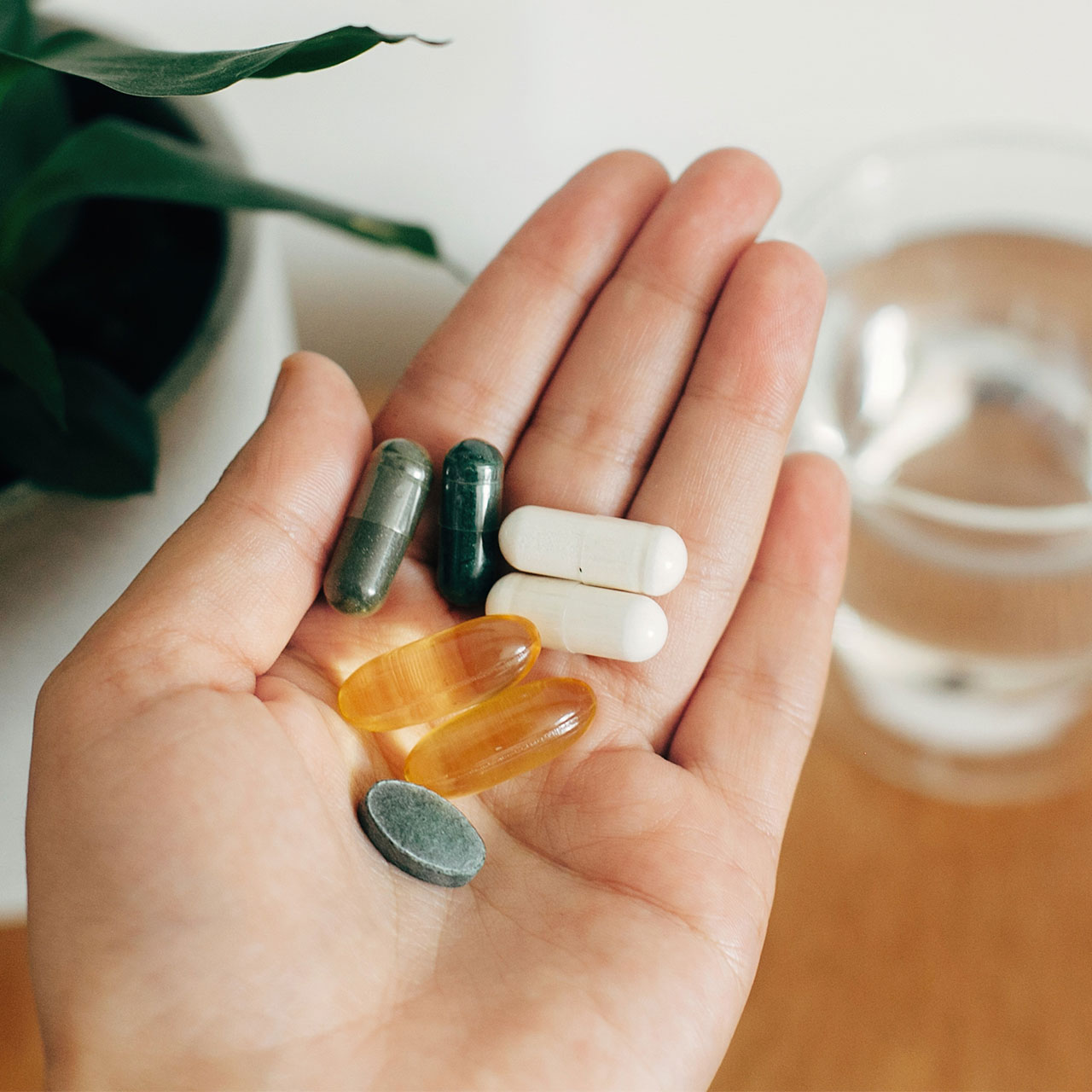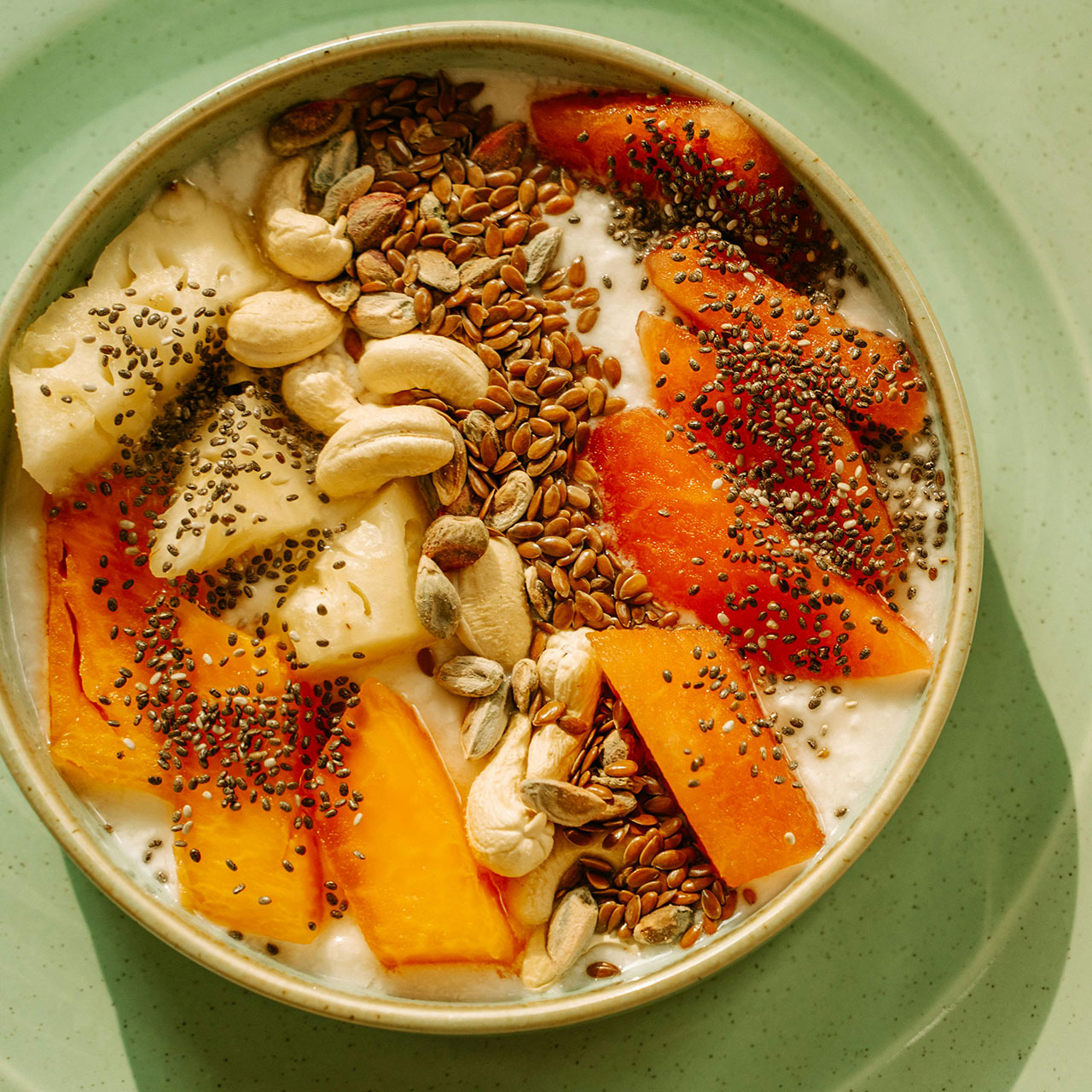Oftentimes, supplements can be a great addition to a healthy lifestyle. They’re typically great for filling nutrient gaps in your diet and helping your body operate at the best of its ability. However, it’s important to keep in mind that supplements don’t come without risks. In addition to many being dangerous on their own, there are a few supplements that could lead to negative interactions when taken together.
To learn more about a few supplements you should think twice before taking together, we checked in with Dr. Kevin Huffman, founder of Ambari Nutrition, and pain management doctor Sean Ormond. they told us that Vitamin E and K, Vitamin D and Calcium, and Vitamin C and Iron are all risky combos. Read on to learn more about the potential risks of each.


1. Risks of combining Vitamins E and K
Vitamin E and Vitamin K are both important to your overall health. Vitamin K helps keep your bones strong and plays an important role in blood clotting, which helps reduce bleeding. Meanwhile, Vitamin E is crucial to your vision, reproductive health, and brain health. When your body receives these nutrients directly from the food you eat, they can help support your wellbeing. However, according to Dr. Ormand, you should avoid combining high doses of these vitamins in the form of supplements.
"Vitamin E and vitamin K are both fat-soluble vitamins that can interact with each other," he explains. "Taking high doses of both vitamins together can increase the risk of blood clots." Yikes!
As one study notes, "Given both nutrients' critical involvement in coagulation, in extreme cases, this interaction can result in abnormal blood clotting."

2. Vitamin D and calcium
On their own, vitamin D and calcium supplements can be a great way to keep your body functioning at the best of its ability. These nutrients are both known for their benefits on your bone health, in particular. However, Dr. Huffman says you should avoid combining these supplements.
"High doses of both can result in excessive calcium being absorbed into the bloodstream, a condition known as hypercalcemia," he warns. "Hypercalcemia can lead to increased risk of heart and other cardiovascular issues as well as kidney stones."
If you do want to take both of these supplements, he offers a word of advice: "Spread the two supplements by a couple of hours to avoid excessive calcium absorption." Got it!

3. Vitamin C and Iron
If you're not getting enough vitamin C into your diet, taking a supplement can help protect your body from the effects of free radicals. Likewise, an iron supplement is a great idea for anyone who may be experiencing an iron deficiency. But it's not a good idea to take them together.
"Vitamin C is exceptionally effective at increasing iron absorption in the body, which can lead to iron toxicity if the vitamin supplement is taken in high doses," Dr. Huffman tells us. "If you have to take both supplements, then make sure to take one of the supplements at least two hours after taking the other to avoid toxicity." Noted.


























